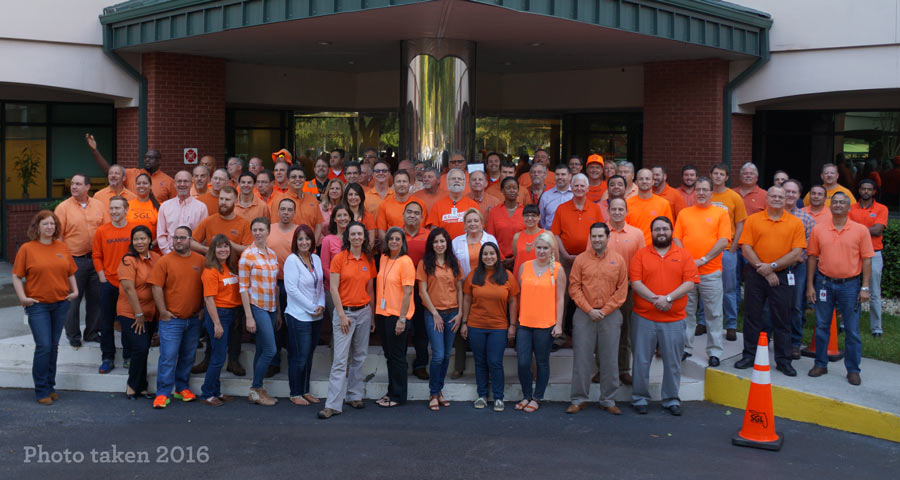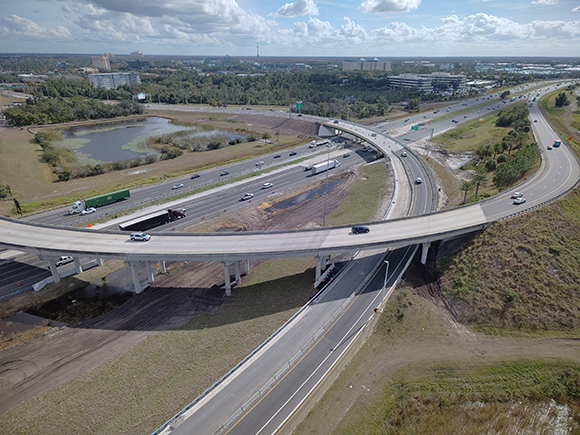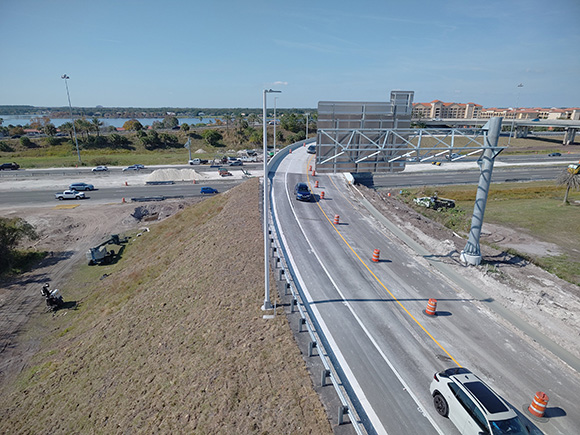The week of April 26 is National Work Zone Awareness Week, an initiative encouraging roadway work zone safety for everyone.
During National Work Zone Awareness Week, the Florida Department of Transportation (FDOT) is reminding everyone of the importance of paying attention as they approach and drive through work zones so that both motorists and roadway workers remain safe. Drivers are urged to take note of reduced speed limits, eliminate distractions, and be watchful for roadway workers and their equipment. This year’s National Work Zone Awareness Week theme is “Drive Safe. Work Safe. Save Lives.”
In 2019, the most recent year for which statistics were available, there were 762 fatal crashes in work zones, resulting in 842 deaths, according to the National Work Zone Safety Information Clearinghouse. In addition, 135 roadway workers were killed in work zones in 2019. The vast majority of people killed were motorists, passengers, and pedestrians.
Remember the following tips when driving through work zones, not just during National Work Zone Awareness Week, but every day. Maintaining a safe speed can improve driving conditions for everyone.
Adjust your Speed — Traveling 10 mph above the posted work zone speed limit only shaves less than three minutes off a 20-mile trip and carries a minimum fine of $200, plus court fees.
Don’t Tailgate — More than half of all work zone crashes are rear-end collisions. Passenger vehicles traveling at 50 mph require 300 feet of stopping distance on dry roads. A loaded tractor-trailer needs 450 feet to come to a complete stop.
Pay Attention — Traveling at the posted speed limit allows motorists more time to recognize and respond to the changes in the roadway. Work zone environments are constantly changing. Travel lanes may be different from the last time you drove through the area. Added distractions like texting and talking on the phone, eating and drinking, or adjusting the radio and navigation system divert your attention from the primary task of driving.
When you see orange barrels, maintain a safe speed, pay attention, and put your phone away. Keep the men and women who maintain and build our roads safe, as well as you and your passengers.



 ATTENTION DRIVERS: Overnight Closures of the Westbound I-4 Exit Ramp to Eastbound S.R. 528 (Exit 72) January 8, 11-14
ATTENTION DRIVERS: Overnight Closures of the Westbound I-4 Exit Ramp to Eastbound S.R. 528 (Exit 72) January 8, 11-14 S.R. 528 Ramp-Widening Improvements Near Completion
S.R. 528 Ramp-Widening Improvements Near Completion I-4 Beyond the Ultimate: 2025 Wrapped
I-4 Beyond the Ultimate: 2025 Wrapped 60 Never Looked so Good: Happy Birthday, I-4!
60 Never Looked so Good: Happy Birthday, I-4!